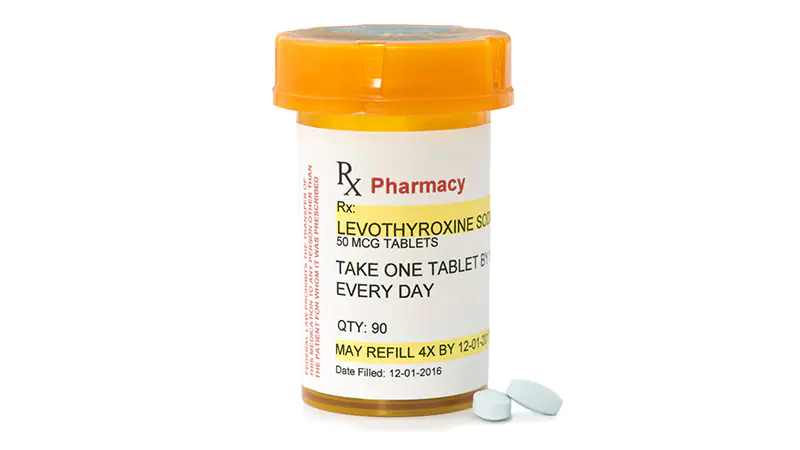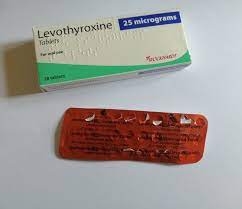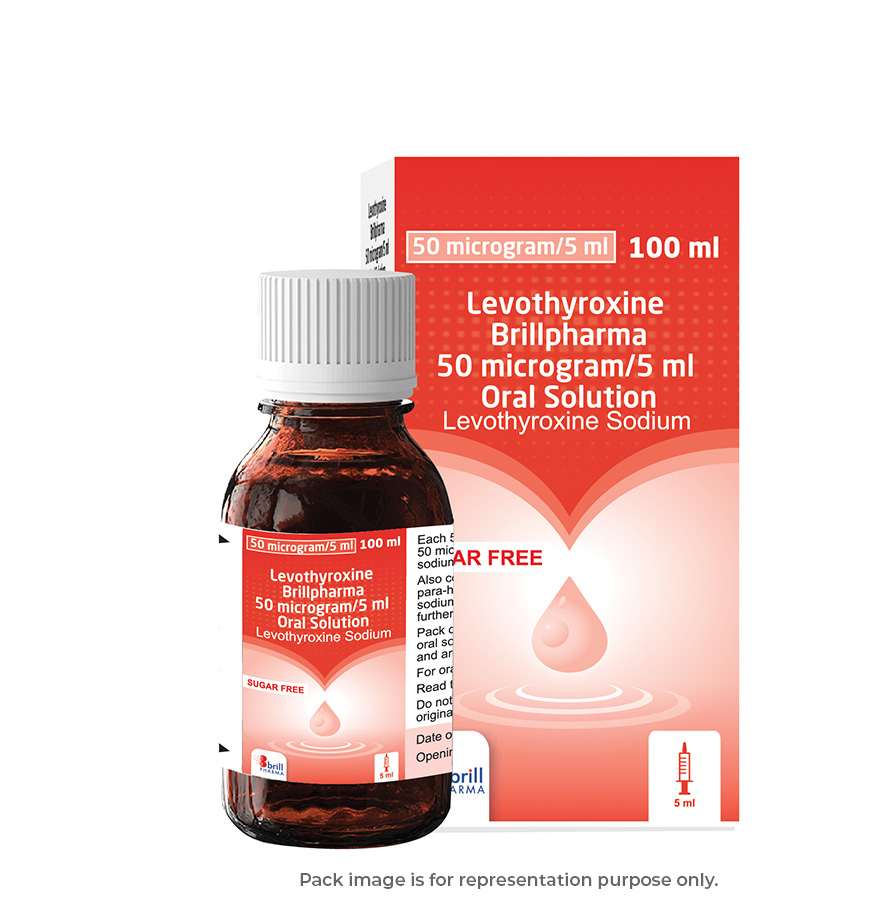Description
Okay, I can write an article about Levothyroxine. To make it the most useful, I need a little more guidance. Please tell me:
- Who is the intended audience? (e.g., General public, patients newly diagnosed with hypothyroidism, healthcare professionals). This will affect the language I use and the depth of the explanation.
- What is the main focus of the article? (e.g., Overview of levothyroxine, how to take it properly, managing side effects, comparison to other thyroid medications, the science behind how it works, what to expect in the first few weeks of treatment).
- Are there any specific points you want to be sure to include? (e.g., Importance of taking it on an empty stomach, what to do if you miss a dose, interaction with certain supplements like calcium or iron, signs that the dose is too high or too low).
- What is the desired tone? (e.g., Informative and neutral, reassuring and supportive, scientific and technical).
- What is the desired length? (e.g., Short overview, detailed explanation).
In the meantime, here’s a general article that covers some common aspects of Levothyroxine.
Levothyroxine: Understanding Your Thyroid Medication
Levothyroxine is a synthetic (man-made) form of thyroxine (T4), a naturally occurring thyroid hormone. It is a commonly prescribed medication used to treat hypothyroidism, a condition where the thyroid gland doesn’t produce enough thyroid hormone. This hormone is crucial for regulating metabolism, energy levels, and overall bodily functions.
Why is Levothyroxine Prescribed?
Levothyroxine is primarily used to treat hypothyroidism, which can be caused by various factors, including:
- Hashimoto’s thyroiditis: An autoimmune disorder where the body attacks the thyroid gland.
- Surgical removal of the thyroid gland: Often performed to treat thyroid cancer or goiter.
- Radiation therapy to the thyroid gland: Used to treat hyperthyroidism or thyroid cancer.
- Certain medications: Some medications can interfere with thyroid hormone production.
- Congenital hypothyroidism: A condition present at birth.
Symptoms of hypothyroidism can include fatigue, weight gain, constipation, dry skin, hair loss, sensitivity to cold, and depression. Levothyroxine helps to restore normal thyroid hormone levels, alleviating these symptoms.
How to Take Levothyroxine:
Taking levothyroxine correctly is crucial for its effectiveness. Here are some key points:
- Empty Stomach: Levothyroxine is best absorbed on an empty stomach. Take it first thing in the morning, at least 30-60 minutes before eating. Consistency is key.
- Water Only: Take it with a full glass of water. Avoid taking it with coffee, tea, milk, or other beverages, as these can interfere with absorption.
- Avoid Certain Supplements: Certain supplements, such as calcium, iron, and multivitamins containing these minerals, can also interfere with levothyroxine absorption. Take these supplements several hours before or after taking levothyroxine.
- Follow Your Doctor’s Instructions: Your doctor will determine the appropriate dosage based on your individual needs and thyroid hormone levels. Do not change the dosage without consulting your doctor.
- Consistency: Keeping a consistent schedule for taking medication eachday will aid in absorption and minimize side effects.
Dosage and Monitoring:
Your doctor will monitor your thyroid hormone levels regularly through blood tests (typically TSH, T4, and sometimes T3) to ensure that you are receiving the correct dosage of levothyroxine. It may take several weeks to find the optimal dosage that effectively manages your hypothyroidism. Dosage adjustments are common, especially when starting treatment or if your condition changes.
Potential Side Effects:
When taken at the correct dosage, levothyroxine is generally safe and well-tolerated. However, if the dosage is too high, it can cause symptoms of hyperthyroidism, such as:
- Anxiety
- Rapid heartbeat
- Weight loss
- Tremors
- Difficulty sleeping
- Increased sweating
If you experience any of these symptoms, contact your doctor.
Important Considerations:
- Generic vs. Brand Name: While generic levothyroxine is generally considered equivalent to brand-name versions, some individuals may experience differences in absorption. If you switch between brands or generic versions, it’s important to have your thyroid hormone levels checked.
- Pregnancy: Levothyroxine is safe to take during pregnancy and is often necessary to ensure healthy fetal development. Pregnant women with hypothyroidism may require higher doses of levothyroxine.
- Other Medical Conditions: Inform your doctor about any other medical conditions you have, as they may affect your levothyroxine dosage.
- Medication Interactions: Be sure to tell your doctor about all medications, supplements, and herbal remedies you are taking, as some may interact with levothyroxine.
It is vital to stay consistent with monitoring and dosages when taking Levothyroxine. If you have any concerns about your medication, it is important to speak with your doctor.
Disclaimer: This article is for informational purposes only and does not constitute medical advice. Always consult with your doctor or other qualified healthcare provider for any questions you may have regarding a medical condition or treatment. Never disregard professional medical advice or delay in seeking it because of something you have read in this article.













Reviews
There are no reviews yet.